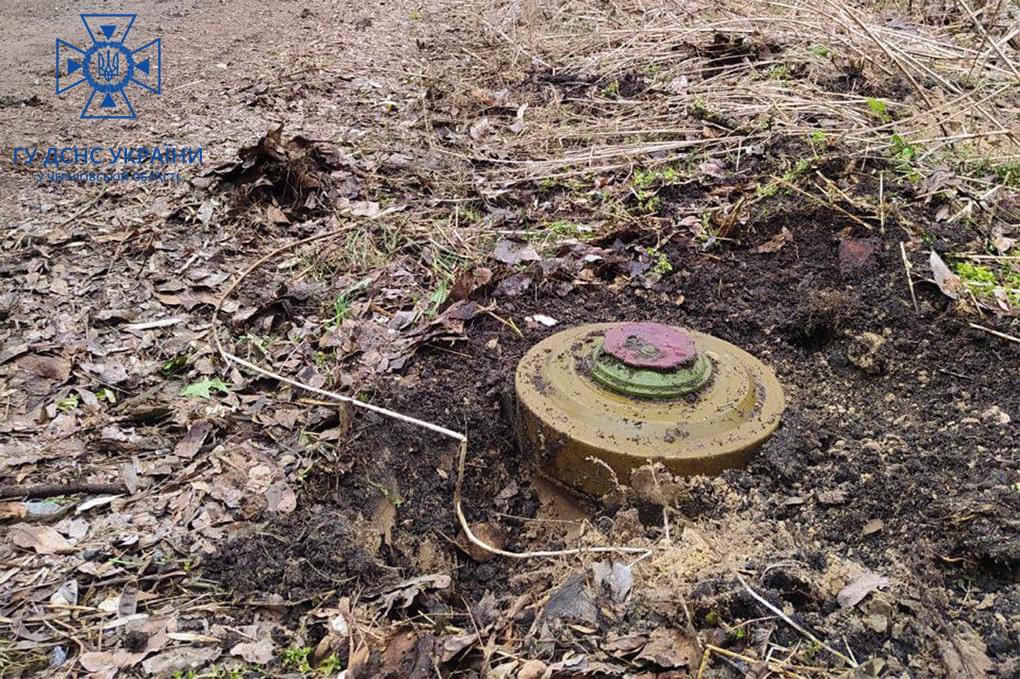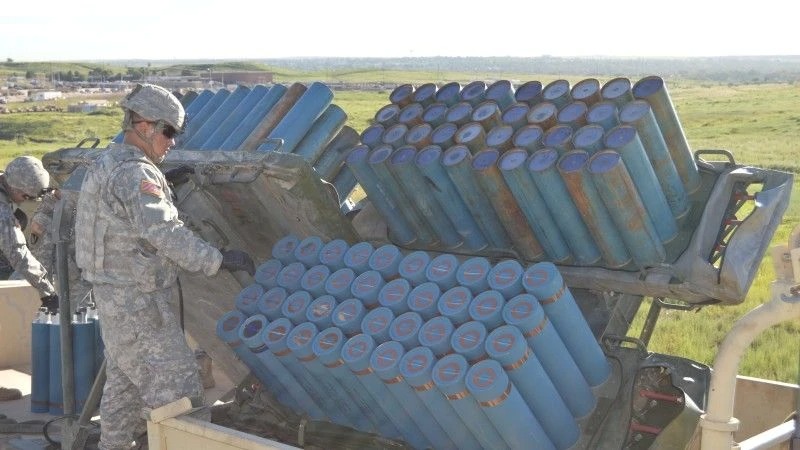Ukraine exits global mine ban for self-defense reasons as Russia ignores international law

Ukraine is walking away from a treaty that prohibits anti-personnel mines. Why abandon an agreement designed to protect civilians?
Because Russia never signed it—and has been laying mines across Ukrainian territory for over two years.
President Volodymyr Zelenskyy signed the withdrawal decree on June 29. Parliament must still approve the move, but the message is clear: Ukraine needs every defensive tool available.
What exactly is Ukraine leaving behind?
The Ottawa Convention banned anti-personnel landmines worldwide. Since 1999, it has drawn 164 countries committed to destroying their mine stockpiles and clearing contaminated land, as mines can cause severe injuries and deaths among civilians.
Ukraine joined in 2005, dutifully following the rules for nearly two decades. The country destroyed its mines and cleared old minefields.
But here’s the problem: Russia, China, and the United States never signed on. Neither did India or Pakistan. The world’s major military powers kept their mines.
Why break the promise now?
“Ukraine found itself in an unequal and unfair situation,” the Foreign Ministry stated. The treaty limits Ukraine’s right to self-defense under UN Charter Article 51.
When Ukraine joined in 2005, Russian tanks weren’t rolling toward Kyiv. The full-scale invasion changed everything.
In 2005, Ukraine ratified the Convention on the Prohibition of the Use, Stockpiling, Production and Transfer of Anti-Personnel Mines and Their Destruction, commonly known as the Ottawa Convention, and since then has faithfully fulfilled its obligations.
— MFA of Ukraine
At the same time, the… pic.twitter.com/JnattZfVUf(@MFA_Ukraine) June 29, 2025
“We are convinced that this step is both necessary and proportionate to the level of threats, as it concerns the survival and preservation of Ukraine as a sovereign, independent, and free state,” the Ministry stated.
Zelenskyy put it bluntly: Russia uses mines “extremely cynically,” not just against Ukraine but wherever it fights. Chemical weapons, ballistic missiles, landmines—Moscow deploys whatever kills.
What’s Ukraine supposed to do? Fight by rules Russia ignores?
“Anti-personnel mines are an instrument that very often has no alternative for defense,” Zelenskyy explained. Especially for countries sharing borders with Russia.
Who else is rethinking the ban?
Ukraine isn’t alone in this calculation. Lithuania, Latvia, Estonia, Poland, and Finland have all decided to leave the treaty.
Notice the pattern? Every country borders Russia or sits within striking distance. The Baltic states remember Soviet occupation. Poland knows Russian history. Finland fought Stalin’s army.

Warsaw joins Baltic States in exiting Ottawa landmine treaty, struggles to find new supply
This decision was also driven by Russia’s increasing military threat to NATO’s eastern flank with some reports claiming Russia might attack NATO within the next five years.
Each of these countries concluded the same thing: when facing Russia, defensive options matter more than international agreements Moscow never joined.
Read also
-
Warsaw joins Baltic States in exiting Ottawa landmine treaty, struggles to find new supply
-
Why Ukraine’s best air defense teams are suddenly useless
-
China may soon build large-scale facilities in Russia‑occupied Crimea
-
Polish-made Oncilla armored vehicles withstand mines, adapted by Ukraine’s soldiers for war